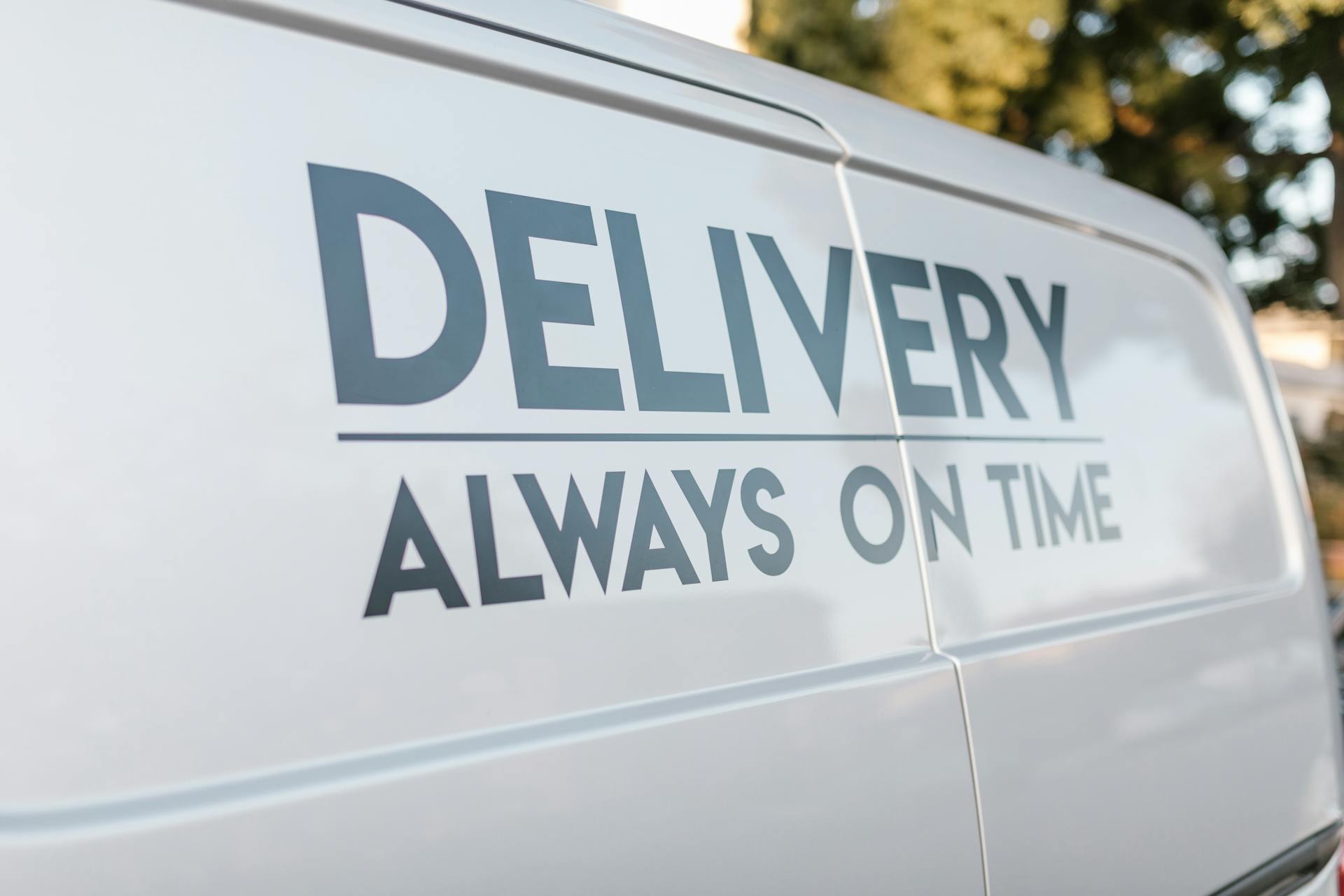Automation in the Modern Warehouse
How robotics and software improve logistics sap wfs, worldwidef
Warehouse automation includes a wide variety of technologies—from conveyor belts and automated storage systems to robotic arms and sorting machines. These tools reduce the need for manual labor in repetitive tasks like sorting, picking, and packing, which significantly speeds up order processing.
Platforms like sap wfs help monitor and control these automated systems in real time, ensuring each part of the workflow operates efficiently. When connected with global networks like worldwidef , warehouses can sync operations with regional delivery demands, enhancing both local and cross-border fulfillment speed.
Connecting Automation with Dispatch
The bridge between warehousing and delivery
Automation doesn’t stop at storage. It plays a vital role in coordinating outbound logistics. Once an order is picked and packed, automated systems often guide it to the appropriate dock for dispatch, shortening the time from order placement to delivery departure.
Sap wfs enables seamless communication between the warehouse system and transport management tools, ensuring accurate load assignments and optimized route planning. Integration with worldwidef allows for coordinated scheduling even when orders originate from multiple warehouse locations.
Handling Peak Season Volumes
Why automation matters during high demand
During peak seasons, such as holidays or promotional events, order volumes can surge dramatically. Manual processes often struggle to keep pace, resulting in backlogs, delays, and errors. Automated warehouses, however, can maintain consistent performance under pressure.
With tools like sap wfs , fulfillment centers can dynamically scale operations based on real-time data, deploying more robots or automated lines as needed. When tied into the worldwidef system, even multinational supply chains can absorb seasonal fluctuations with better stability.
Evaluating Long-Term Return
Is automation worth the investment?
While warehouse automation systems require a significant initial investment, their long-term return often justifies the cost. Savings arise from reduced labor needs, faster fulfillment, lower error rates, and increased throughput capacity.
Using sap wfs , businesses can track performance indicators such as order accuracy, processing speed, and system uptime. This data helps assess ROI over time. Furthermore, partnering with worldwidef ensures these gains are not limited to one region but can be scaled across global operations.
The Role of the Human Workforce
Humans still make the system work
Automation reduces physical strain and handles repetitive tasks, but human oversight remains essential. Employees now focus more on managing exceptions, maintaining machines, and overseeing quality control. This shift requires retraining and upskilling, rather than replacement.
Tools like sap wfs allow human operators to interface with automation systems through dashboards and alerts. Worldwidef also supports collaborative data environments where human decision-making complements machine efficiency, creating a well-rounded and responsive logistics team.
Streamlining Delivery Accuracy
Precision starts at the source
Accurate and timely delivery begins with precise fulfillment. Automated systems reduce picking errors and mislabeling incidents, which are common in manual processes. The result is fewer returns, less rework, and better customer satisfaction.
Sap wfs tracks each step of the process, from item retrieval to loading, providing full visibility. Combined with worldwidef , this visibility continues through the delivery phase, ensuring that customers receive the right product, at the right place, on time.
Adapting to Order Diversity
Handling various product types efficiently
Modern fulfillment centers deal with a wide variety of product shapes, sizes, and storage requirements. Automation systems must be flexible enough to handle everything from bulk goods to fragile items. Smart sensors, adaptive conveyors, and custom packing solutions enable this flexibility.
With sap wfs , inventory and equipment usage are continuously optimized based on product types and order patterns. Worldwidef integration ensures that these systems align with larger-scale logistics models across different product categories.
Future-Proofing Logistics Operations
Staying ready for what's next
As customer expectations evolve and e-commerce grows, the pressure on logistics systems increases. Warehouse automation provides a foundation that can evolve with these demands. Scalability, accuracy, and real-time adaptability are key to maintaining a competitive edge.
Solutions like sap wfs and logistics networks such as worldwidef offer the technological backbone for warehouses looking to expand or optimize. Together, they form a forward-looking framework where speed, precision, and flexibility are built into every step.







Very informative content. The logistics solutions seem promising.
I love how the content bridges innovation with eco-friendly practices.